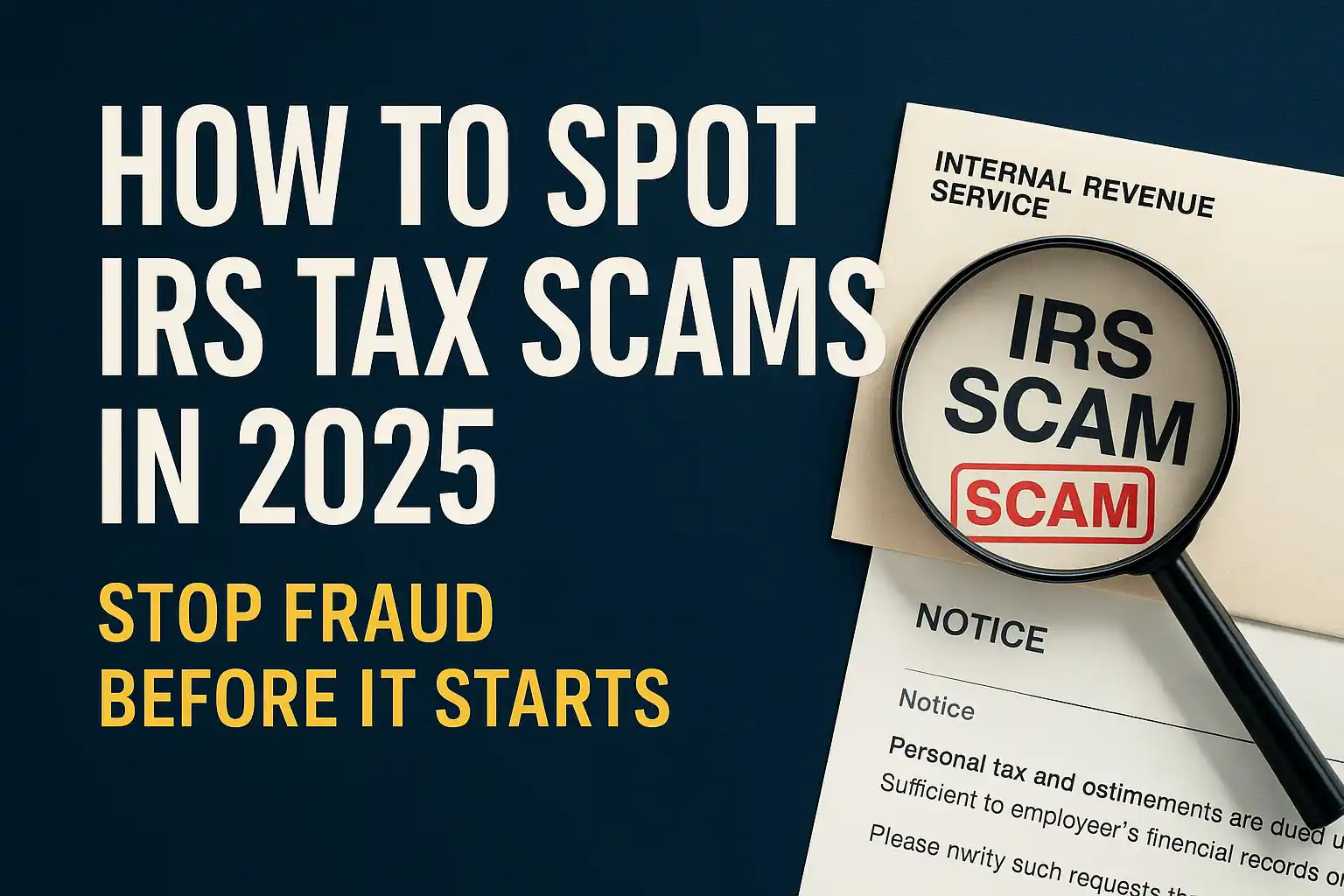Thinking about selling your business? Whether you’re ready to move on or just exploring your options, selling a business is a major financial and emotional decision—and it’s not as simple as listing it and waiting for offers.
If you want to increase your business valuation, attract serious buyers, and secure the best deal possible, there’s a lot to prepare in advance.
This guide breaks down the essential steps business owners should take to prepare for a successful exit—plus what private equity buyers are really looking for.
1. Understand the Difference Between a Lifestyle Business and an Enterprise Business
One of the first things to consider when preparing to sell your business is this: Do you own a lifestyle business or an enterprise business?
- A lifestyle business generates strong cash flow but often depends heavily on the owner.
- An enterprise business has scalable systems, a leadership team, and can run independently of the founder.
Buyers are willing to pay more for companies with enterprise value—businesses that are built to scale and don’t collapse if the owner steps away.
Key takeaway: The more you’ve removed yourself from day-to-day operations, the more valuable your business becomes.
2. Know How Your Business Is Valued (And How to Increase It)
Most companies are valued based on a multiple of EBITDA (earnings before interest, taxes, depreciation, and amortization) or annual revenue.
Depending on the industry and business size, that multiple could range from 2x to 12x. For example:
- A company earning $1 million in EBITDA might sell for $3 million (3x) or $7 million (7x).
- Service-based businesses usually receive lower multiples, while product-based or scalable tech companies often command higher ones.
Pro tip: Clean, consistent financials and a clear growth story can push your multiple higher.
3. Selling a Business Takes Time—Start 12 to 24 Months in Advance
One of the biggest mistakes business owners make is waiting too long to prepare. The selling process often takes 12 to 18 months, especially if you want to maximize your sale price.
What to do now:
- Organize your financials: Separate personal expenses from business expenses, and clean up your books.
- Build a “data room”: Create a secure, digital space with contracts, vendor agreements, tax returns, employee details, and other documents a buyer will want.
- Streamline your operations: Cut inefficiencies, improve profitability, and reduce key-man risk.
Many owners who do this end up saying, “I wish I had done this years ago—I’m working less and making more!”
4. What Is a Roll-Up Strategy—and Could You Be Part of One?
If your business is doing $1M+ in EBITDA, you may be a candidate for a roll-up—a strategy used by private equity firms to acquire multiple businesses in the same industry and combine them into one larger, more efficient company.
Roll-ups help increase overall value by:
- Sharing operations like finance, marketing, and HR
- Improving margins and scalability
- Attracting higher multiples for larger exits
Bonus: Owners often get a second payout down the road when the larger company sells again—known as the “second bite of the apple.”
5. Don’t Try to Sell Your Business Alone—Hire a Business Broker or Investment Banker
Selling your business for maximum value means finding the right buyer and negotiating the right terms. That’s where a business broker or investment banker comes in.
These professionals:
- Know who’s buying in your industry
- Help structure and present your business to appeal to buyers
- Negotiate terms that protect you and your future
- Often increase your sale price enough to more than offset their fees
Think of it like hiring a real estate agent to sell a luxury home. You could do it yourself, but you’d probably leave money on the table.
Final Thought: Selling a Business Is a Transition—Not Just a Transaction
Many owners underestimate the emotional side of selling. You’ve spent years building your company. You’ve employed people, built systems, and likely tied your identity to your business.
When it’s time to let go, it can feel like sending your kid off to college.
That’s why it’s critical to think beyond the sale price. Ask yourself:
- Who is the right buyer for my business?
- What do I want my next chapter to look like?
- How do I protect my employees, customers, and legacy?
“Buckle up. It’s a tough challenge—but an incredible journey,” as one expert said. “Not many people get to build something others are willing to pay millions to own. Make it count.”
Ready to Sell Your Business?
If you’re considering a business exit in the next 1–3 years, now is the time to start preparing. Begin by organizing your finances, streamlining operations, and connecting with professionals who can guide you through the process.
Take the Next Step
Start strong with the Trifecta Planner—your built-for-you system to organize tax deadlines, plan business goals, and unlock more financial freedom.
Want extra tax-saving tips? Grab our FREE Tax Guide—packed with 30+ actionable strategies and deductions you don’t want to miss.
CPAs, EAs, attorneys, brokers, and planners: take your business to the next level with the Main Street Certified Advisor program. It’s time to serve smarter, grow faster, and stand out.
Let’s chat. Call 520-800-0986 or book your FREE Discovery Call today.










